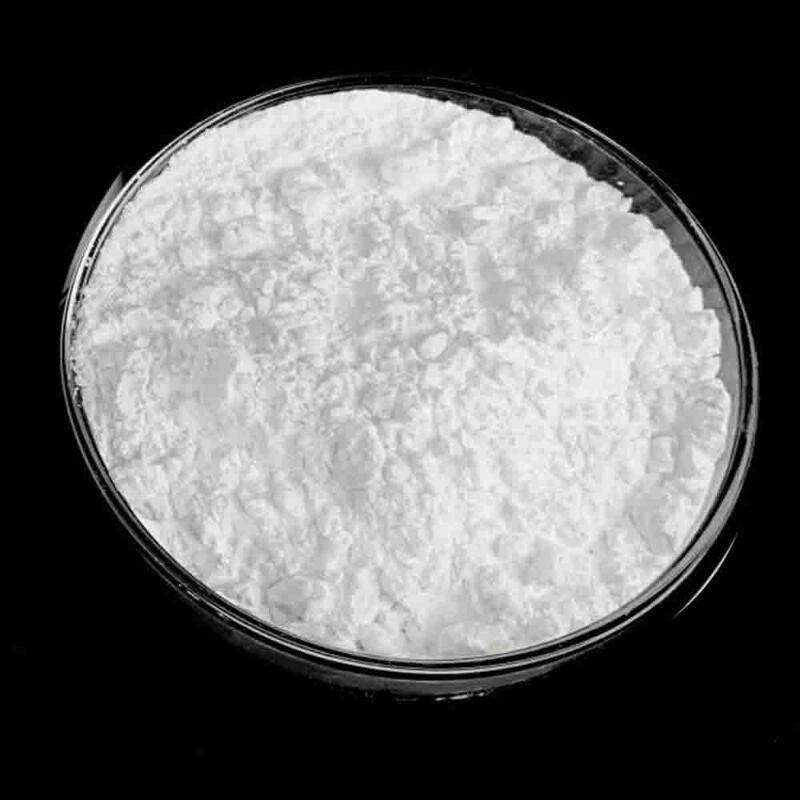Nat Gene: "Mutation" cells compete with each other to help prevent cancer
-
Last Update: 2020-05-29
-
Source: Internet
-
Author: User
Search more information of high quality chemicals, good prices and reliable suppliers, visit
www.echemi.com
Introduction: Clones are cell communities formed by the division of a single stem cell through normal cellsMutations in human tissue, pieced together by clones, naturally occur throughout the life cycle, from parents to children's cellsSome DNA mutations, especially those that affect "quasi-cancer cells", such as TP53 and NOTCH1, give the cells that gain a competitive advantage in obtaining themThis allows these mutant clones to amplify more rapidly than normal cells and can lead to diseaseBy middle age, most cells in tissues such as esophagus and skin are mutant clonesBut despite this, the vast majority of people do not continue to develop cancerA previous study by the Wellcome Sanger Institute suggests that competing clones help prevent cancer, but until now, the "rules of the game" of cloning competition are unknownstudy by the Wellcome Sanger Institute, the University of Cambridge and its co-authors found that the amplification of "mutation" cells that can cause cancer is often controlled by "neighbors." The team found that when matching cells in the mice's esophagus appeared at the same time, they hindered each other's growthThe study, recently published in Nature Genetics, describes for the first time the "rules of the game" of competition between esophagus cellsBy understanding these rules, it is hoped that treatments can be developed to reduce the competitiveness of mutant clone cells that are more likely to become cancerousTo find the interaction between mutant clones, the researchers combined genetic lineage tracking and ultra-deep sequencing to observe evolutionary mutations in the skin of the mouse's esophagusUsing a mutagenic agent called diehyamine (DEN), a substance found in tobacco smoke that causes genetic mutations, a mutant clone similar to the old esophageal tissue was produced in miceteam found that the dynamics of mutant clones depend on the mutations they carry and the properties of their neighborsExtended mutant clones that collide with similar "healthy" cells lose their competitive advantage and restore balanced growth of normal tissuewhen clones get certain mutations, it's as if they're playing leaded dice, while normal cells are playing with normal diceThis small advantage is sufficient to help them compete with other clones and settle in larger tissue areas over time, which, if left unchecked, can lead to disease In esophagus tissue, the tissue is filled with cancer-driven mutations, and in fact, mutant clones cancel each other out, helping to keep the tissue healthy are trying to explain why mutant clones continue to become cancerous in tissues with high mutation loads, and there is some debate about whether there is competition between clones Studies have shown that competition not only occurs in the epithelial of the esophagus, but also helps to maintain balance in the body and inhibit clones carrying known cancer-causing mutations from continuing to move in the direction of disease understand the dynamics of cloning competition and offer the possibility to design therapies designed to reduce the competitive advantage of potentially dangerous clones By removing these clones or preventing them from becoming an advantage, the risk of cancer can be reduced in human tissues, space is limited, cloning competes for space, the survival of the fittest rules also apply If we can deal with "bad" clones that may continue to form cancer and support their more benign neighbors, then bad clones will be replaced By understanding the rules of the game, serious consideration can be given to how to intervene and prevent the occurrence of certain cancers
This article is an English version of an article which is originally in the Chinese language on echemi.com and is provided for information purposes only.
This website makes no representation or warranty of any kind, either expressed or implied, as to the accuracy, completeness ownership or reliability of
the article or any translations thereof. If you have any concerns or complaints relating to the article, please send an email, providing a detailed
description of the concern or complaint, to
service@echemi.com. A staff member will contact you within 5 working days. Once verified, infringing content
will be removed immediately.







